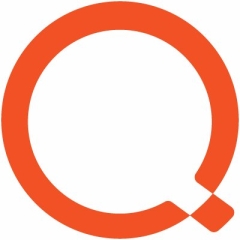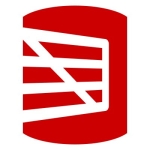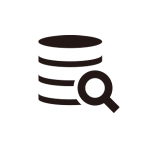What is our primary use case?
The primary use case is Oracle software development. I use Packages, Stored Procedures, Triggers, DDL, and DML. I also use it for viewing schemas, viewing sessions, table spaces, etc.
I work in Oracle versions from 12c to 19c and a single version of Toad allows me to do this. I also work in Oracle htp.p (HTML, CSS, JavaScript from inside the database) and also Oracle Apex, and I can do this with Toad too.
I work on multiple VMs and multiple clients and I can load a 64-bit Toad in one environment and a 32-bit Toad in another environment.
How has it helped my organization?
Toad is the one tool that I use almost every single day of my life. Besides Operating Systems. email applications, office tools, mind mapping, and the like.
Toad is my choice programming environment for writing Oracle applications which live in the backend.
I find Toad easy to use and I love the Workspace feature, which allows me to set up projects so that I can open SQL files applicable to what I am working on at any particular time. I've also used the debugger and optimizing tools from time to time.
I like that Toad saves me time in my work and recently I've started using the Reporting feature. It is also easy to add comments to tables and columns.
What is most valuable?
The most valuable feature is the ability to look at the database visually, almost graphically.
Some other features that I like are:
- The ability to add ROWID to queries to allow quick updates without having to write SQL.
- Visually appealing design.
- Ability to view users and tasks and with DBA permission to be able to terminate sessions if required.
I also like that Toad has a one-year and a three-year maintenance license plan and upgrading for three years at a time allows one to save considerably on the license. Normally, I use the three-year option and I did this year, but last year I had a financial challenge and so only used the one-year upgrade option.
What needs improvement?
Sometimes if there's a crash, there are unsaved files that need to be recovered. Although this list is shown when you restart, I find this difficult to use.
There should also be a better "cancel query" option as sometimes one cancels a query, but then it still might run for a long time, and then one has to crash Toad in order to cancel the query.
After all these years of downloading the product, I still find the product download form a bit challenging and one needs to know to click on the Download Now checkbox so that one can download without choosing manuals, etc. I think that this form should be redesigned.
As with so many other tools and suppliers, I believe that long term users should get better maintenance pricing.
For how long have I used the solution?
I have been using Toad for Oracle for the last 10 years.
What do I think about the stability of the solution?
It is very stable and fails (crashes) very seldomly. The main problem is when one wants to cancel a long-running query.
What do I think about the scalability of the solution?
One can work with any sized database with this tool.
How are customer service and technical support?
I only really contact my supplier when i need to upgrade. Support is good.
Which solution did I use previously and why did I switch?
I started using Oracle in 1993. I can't remember what tools I used before I started using Toad.
I have colleagues who use other tools and I've looked at them. They load slowly, crash regularly, and don't have as nice a user interface as Toad. I find myself wasting time when I use other tools.
How was the initial setup?
The initial setup is straightforward. Although during the last upgrade, I chose the Maintenance upgrade option instead of the full release, and the maintenance upgrade option didn't work for me.
What about the implementation team?
What was our ROI?
I don't have a quantitative measurement for this but I do know that Toad saves me time. Compared with other modern products, it allows me to do many functions in a single tool.
What's my experience with pricing, setup cost, and licensing?
My advice is to try to use the three-year maintenance agreement if possible.
Per-user licensing allows me to use Toad in multiple places as long as I don't work on two at the same time
Which other solutions did I evaluate?
I have evaluated SQL Developer.
I've looked at this since starting to use Toad, especially last year during challenging financial times.
Which deployment model are you using for this solution?
On-premises
Disclosure: I am a real user, and this review is based on my own experience and opinions.











